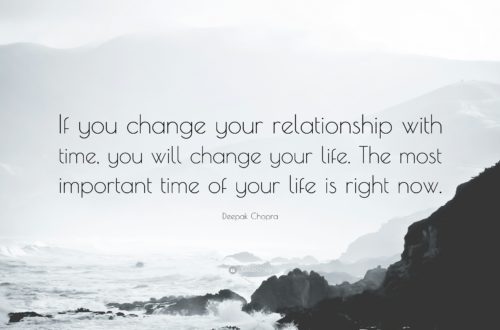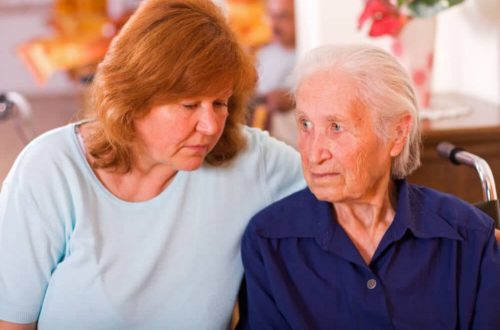Forty-seven thousand people ended their own lives in 2017; more than Cancer, heart disease, or pulmonary illness, yet suicide is underrepresented in discussions about deadly diseases. Since 1999, research and awareness of preventative measures has reduced mortality rates for many diseases while suicide remains the only cause of death in the top 10 to increase annually. Sadly, suicide research lags, and until it is acknowledged not just as a single event, but as a disease with its own process, numbers will continue to rise.
Like other diseases, suicide has risk factors, isolation ranking high among them. Many people dying from illness are supported by loved ones while the mentally ill die alone. The root of isolation varies between people, but is most often feelings of unworthiness exacerbated by avoidance caused by loved ones’ ignorance about the impact of mental illness. Maybe we refuse to acknowledge someone in our lives is contemplating suicide, but denial based on naive belief in our immunity to such tragedy results in too many people asking, “why”? As opposed to physical illness, mental illness is abstract and misunderstood, and although its cliché, we fear and avoid what we don’t understand.
We have more methods of communication than ever, but we often misconstrue communication for connection. Communication happens through something as meaningless as a Facebook status, but connection is not present in a social media status. Connection lends insight into a person’s pain, and helps us understand shame and guilt as the progeny of mental illness. Anxious and depressed people are often misconstrued as loners, but in truth they believe themselves unworthy because that is the motive of anxiety and depression.
People with chronic, deadly disease are often commended for their “brave fight” while the fight against mental illness is ignored. Forty-million Americans are diagnosed with anxiety disorders; another 17 million suffered an episode of major depression this past year, accounting only for those who’ve received a diagnosis. Most suicides begin with anxious thoughts followed by depressed mood. Not only are mentally ill people not perceived as brave as they fight, they are perceived as cowards when they lose.
News reports often spotlight treatment breakthroughs for other diseases while suicide only makes news when it claims celebrities. Even then, misunderstanding pervades. When Robin Williams and Anthony Bourdain ended their own lives, some questioned why they would choose death over fame and fortune.
Sometimes dead is better.
The author, Rex Pickett, has considered suicide in the past, but connection kept him tethered to life. To paraphrase the author; a therapist once stopped me from throwing myself in front of a speeding train.
Input from Pickett’s therapist underscored how even clinicians can misunderstand suicide to the extent of employing misguided interventions that could cross ethical lines. Pickett was told his friends would not be saddened by his death, but would instead be angered, a suggestion possibly rooted in erroneous belief suicide is a selfish act committed by people who only thought only about themselves, and not friends and family left behind to sort through the wreckage. For many, shame and guilt resulting from such a suggestion could serve as a last straw, but in Rex’s case, it did not. When he informed his therapist he had no friends, the therapist replied, “well then your enemies will be happy,” an idea that angered Pickett enough to “tough it out.” Maybe anxiety about losing a client to suicide motivated the therapist toward his choices, but at least it motivated him to connect in any way possible. I can’t imagine the world without Sideways, and there are probably people who can’t imagine life without Rex Pickett. Here’s to the combination of spite and questionable therapeutic intervention that helped him.
Then there are those who invoke eternal hellfire as a deterrent to suicide. This might be news to some, but people contemplating ending their own lives are already in hell, and Satan won’t scare them because the process during which mental illness makes life a tortuous endeavor is more frightening. It’s also useless to invoke God because many with mental illness believe themselves forsaken. We have a tendency to use fear tactics in place of heartfelt connection.
We all know someone who has experienced thoughts of suicide, and while we’re likely to link depression as causal, anxiety is not to be underestimated as it is more than irrational worry. Anxiety often imprisons people within inescapable rituals and obsessive thoughts, or it jails people within the same four walls because the world is threatening. The gap between excruciating thoughts and suicide is not wide, and any depressed person you have ever met suffered from anxiety first. Either one is awful, but together they are brutal. Other mental illness are as insidious, and are understood even less. People with Schizophrenia sometimes hear command hallucinations to self-harm, yet those people are often minimized as “crazy.”
In 2010, a panic attack convinced me leaving my apartment would cause subsequent panic attacks witnessed by the world. I believed I’d be ridiculed and outcast when my ugly mental illness was exposed. I was housebound, jobless, and isolated to the extent a misunderstanding friend texted to ask me if I was still “doing the hermit thing.” At some point I realized the difference between being alive, and living. When my thoughts robbed me of the latter, death seemed a reasonable alternative, teaching me in a personal way that even therapists are not immune to temptation of relief through death. The thought of self-determined liberation from mental suffering simultaneously empowered and terrified me. When the scale tipped in favor of terrified, I reached out to a friend; she understood, and talked me through my dark thoughts that day.
Six years later I married that friend, and I’m happy I’ve lived to watch my kids grow.
Too many people will not receive the same chance because minimal understanding of the power of mental illness will cause a fall through societal cracks. If 47,000 dead from suicide isn’t enough to warrant increased research, or people reaching out to someone who is mentally ill, then our priorities are amiss, and some of us are destined to ask “why”a day too late.





